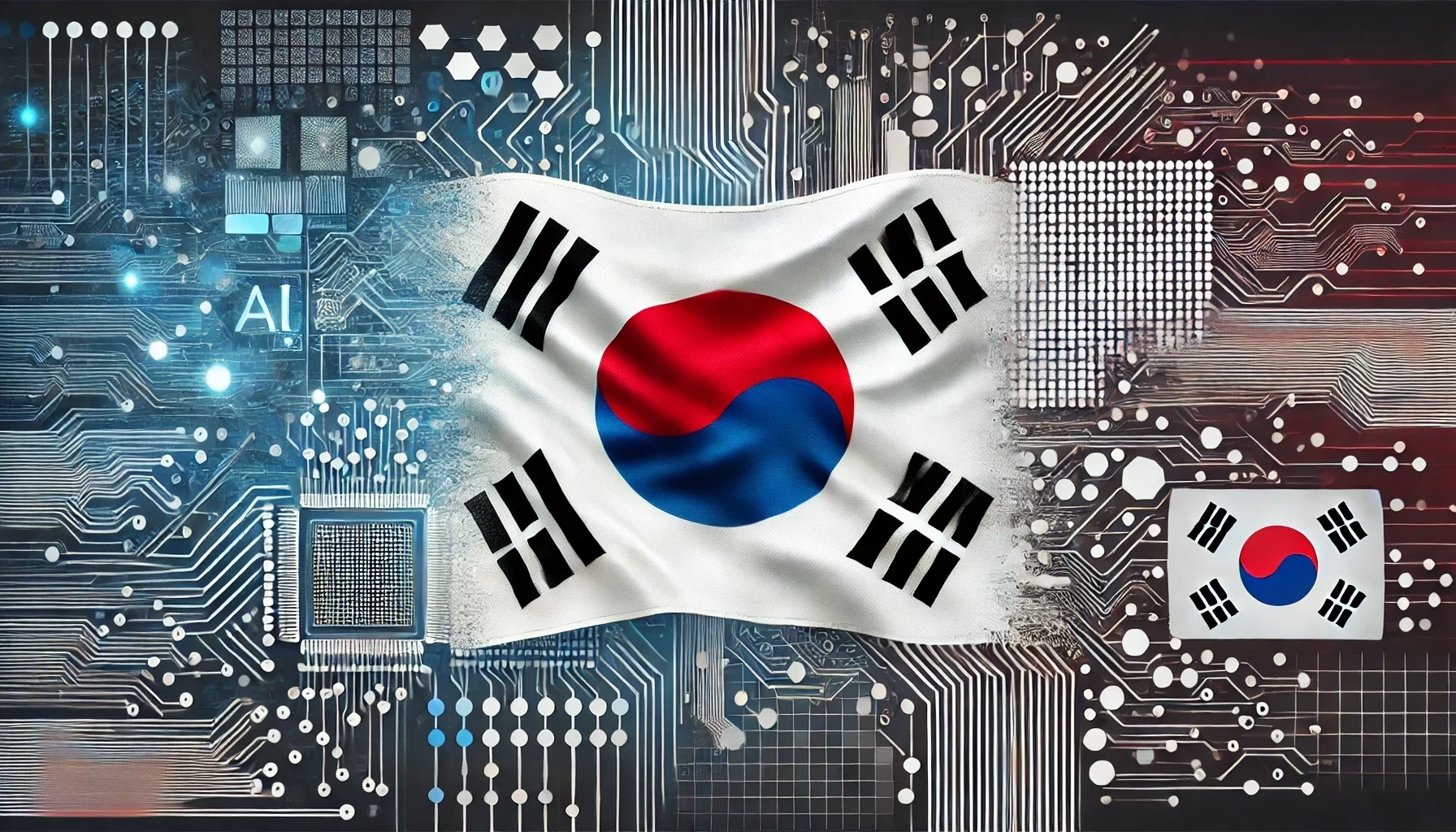South Korea's Bold Leap: Forging a National AI Model with Domestic Muscle
South Korea, a nation long celebrated for its technological prowess, is embarking on an ambitious journey: building a national foundational AI model using predominantly domestic technology. This isn't just another tech initiative; it's a strategic, rare move designed to ensure the country remains a formidable player in the global AI race, keeping pace with the likes of the U.S. and China. The recent announcement, made just this week, signals a significant pivot towards AI self-sufficiency.
The Ministry of Science and ICT (MSIT) has officially tapped five consortium teams, a mix of established conglomerates and promising startups, to spearhead this monumental project. We're talking about big names like LG AI Research, SK Telecom, Naver Cloud, NC AI (affiliated with NCSOFT), and the innovative AI startup Upstage. This isn't a small undertaking, and frankly, it's a testament to South Korea's commitment to securing its technological future.
A Multi-Billion Dollar Bet on Homegrown AI
This national AI model project, often dubbed "sovereign AI," isn't running on fumes. The South Korean government has committed a substantial 1.46 trillion won (approximately $1.1 billion USD) to back this endeavor. That's a serious chunk of change, earmarked for critical infrastructure, model training, and a broader revitalization of the domestic AI industry. It’s part of a larger 2025 investment drive, which includes a record ₩2.4 trillion ($1.84 billion USD) Global Fund aimed at supporting AI and related tech startups.
This level of investment underscores the urgency and strategic importance the government places on this initiative. It's not just about throwing money at a problem; it's about creating an ecosystem where domestic innovation can thrive, reducing reliance on external AI systems that could, in a volatile geopolitical landscape, become liabilities. Remember, we saw a precursor to this earlier in the year when South Korea acquired 10,000 high-performance GPUs for a national AI hub. They've been laying the groundwork for a while now.
The Power Players and the "Domestic-First" Mandate
The selection of the five consortium teams is quite telling. It’s a smart blend of industry titans and agile innovators. LG AI Research, SK Telecom, and Naver Cloud bring immense resources, existing infrastructure, and deep technical expertise. Naver, for instance, already has its own large language model, HyperCLOVA X, which gives them a head start in some respects. Then you have NC AI, leveraging NCSOFT's gaming and AI capabilities, and Upstage, a startup that has quickly made a name for itself in generative AI.
The real kicker? This project comes with a strict "domestic-first" mandate. We're talking about using primarily South Korean-developed technology, from local GPUs and data centers to algorithms and training data. This is a deliberate move to build an end-to-end self-sufficient AI pipeline. The goal, as ambitious as it sounds, is to achieve performance levels comparable to 95% of OpenAI's ChatGPT. That's not just aiming high; it's aiming for near parity with the global frontrunners using homegrown tech. It's a bold statement, don't you think?
Why Now? Geopolitics and the AI Arms Race
This aggressive push for a national AI model isn't happening in a vacuum. It's deeply rooted in the escalating U.S.-China tech rivalry and the broader global AI arms race. For years, South Korea's AI efforts were somewhat fragmented, often relying on international collaborations or adopting foreign models. But the landscape has shifted dramatically. The need for "AI sovereignty" has become a pressing concern for many nations.
This initiative marks a significant departure from earlier, more governance-focused efforts, like the AI Framework Act passed in December 2024. While that act laid the groundwork for policy and safety, this 2025 project is all about tangible, rapid deployment. South Korea wants to ensure its industries, from manufacturing to healthcare, aren't beholden to foreign AI systems, which could be subject to export controls or geopolitical pressures. It's about national security as much as it is about economic competitiveness.
The Road Ahead: Challenges and Opportunities
While the ambition is clear, the path won't be without its bumps. Developing a foundational AI model from scratch, especially one aiming for near-ChatGPT performance, is incredibly resource-intensive. It requires not just capital, but also immense computing power, vast datasets, and, most importantly, top-tier AI talent. South Korea certainly has a strong pool of engineers and researchers, but the global competition for AI talent is fierce.
However, the opportunities are immense. Success could position South Korea as a truly independent AI powerhouse, offering an alternative to the dominant U.S. and Chinese models. It could spur innovation across its industrial base, create new jobs, and solidify its reputation as a global technology leader. This isn't just about building a model; it's about building a resilient, future-proof digital economy. It's going to be fascinating to watch how this unfolds over the next couple of years. Will they hit that 95% target? Only time will tell, but they're certainly putting their money where their mouth is.
